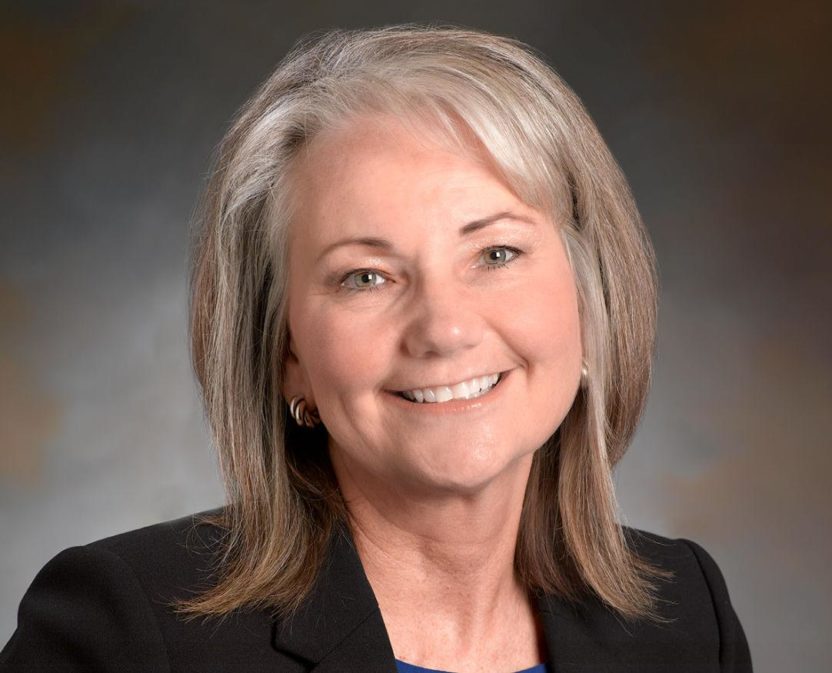Even though you cannot always see it on the outside, we are all more likely to have some kind of trauma or adverse childhood experience than to have none. With awareness, knowledge and the right tools, we can reduce stigma and create a supportive and safe community for everyone.
We can make simple yet important changes that recognize daily challenges and fight the mental and physical health effects of trauma or adverse childhood experiences (ACEs). A restorative, recovery-oriented, trauma-informed approach encourages policies that translate into actions, including low- and no-cost ways to give all individuals safety and control in their environment.
To increase awareness and knowledge, local trauma experts developed a training program available to the public. To date, about 2,700 people have completed this four-hour training. With grants from the Penn Medicine Lancaster General Health Behavioral Health Impact Fund and Pennsylvania Counterdrug Joint Task Force, this training is now free. In return, we hope that participating organizations and businesses assess and adapt their policies, practices, systems and environments to reflect what they learn. This is one way of hard-wiring trauma-informed practices in our community.
The goal is to create more places where survivors of trauma and ACEs feel safe, valued and empowered. For example, schools have begun adopting restorative justice practices that allow students to make amends and constructively address their actions. Water Street Mission created a trauma-informed dental practice with a calming, patient-centered environment. Many organizations are coming together to build networks of support from the classroom to the doctor’s office to the workplace. Social service hubs across Lancaster County are strengthening neighborhood connections to support individuals who may have experienced trauma and might lack trusting relationships or opportunities to share their voices. Amplifying survivors’ voices, providing support, and showing respect and compassion strengthens our entire Lancaster County community.
While we support and empower survivors of trauma/ACEs, we ultimately want to prevent traumatic childhood experiences from happening in the first place. A preventative approach means that we need to promote healthy child development through programs for families that strengthen economic and social support. Our community has a number of trauma-informed programs that support families, including Nurse Family Partnership and Strengthening Families.
A current concept of trauma and trauma-informed care might mean using new words, but the impact is not new to us.
Growing up in the projects in Queens, New York, my family was not financially stable, but I experienced safe and nurturing environments that helped me succeed. I think about the protective factors that I had simply by chance, while some of my classmates in the same neighborhood never made it to graduation day. These early experiences have informed my 26-year career at Lancaster General Health and have led me to collaborate with many of our community partners to recognize and address trauma and ACEs as root causes of many mental and physical health challenges.
In Lancaster, we sense an urgency to expand awareness, strengthen education and encourage trauma-informed policies and practices. This is a sensitive and challenging issue, but our shared success is necessary to ensure the health, well-being and resilience of our community now and for future generations.
We must take an intentional, coordinated approach to develop trauma-informed systems. This includes providing direct resources and applying research-based approaches that we know are effective.
Our community is already coming together in coalitions and partnerships, such as Let’s Talk, Lancaster, and Lancaster Joining Forces. These two groups are coordinating efforts to improve mental health and well-being and prevent deaths from opioids and other substances, respectively. People with mental health and substance use disorders frequently have higher numbers of ACEs. Addressing and preventing the root causes of these issues are at the core of our collective efforts.
Alice Yoder is a board member of Partnership for Public Health.

